Medewerkers met het vakgebied Milieukunde
Wetenschap ontwikkelt zich waar verschillende vakgebieden samenkomen. Alleen al daarom bestaat er binnen de RUG een grote verscheidenheid aan vakgebieden, met daarbinnen een groot aantal vakspecialisten. Met behulp van onderstaand overzicht, gebaseerd op een vaststaande indeling van wetenschapsgebieden, vindt u op elk vakgebied de juiste deskundige. Komt de deskundige die u zoekt niet voor in deze lijst? Via een vergelijkbaar vakgebied of een gerelateerde faculteit vindt u mogelijk alsnog de juiste persoon.
Overzicht van alle vakgebieden
Infrastructuur- en milieuplanning, ruimtelijke planning, milieu-effectraportage, ex post evaluatie; infrastructuur, transport, logistiek
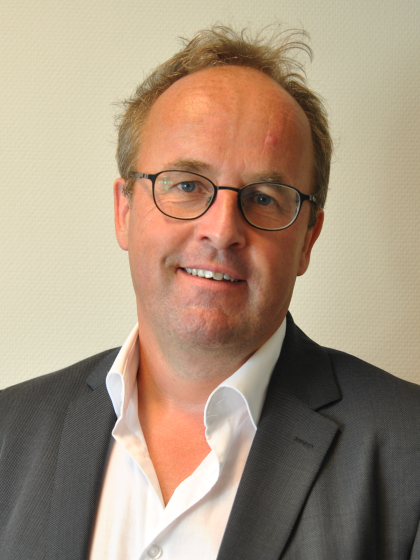
Contact
Functie
Hoogleraar Milieu en Infrastructuur Planning
Stralingsbescherming
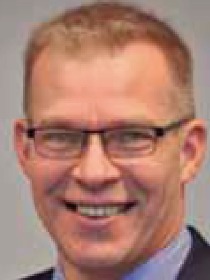
Contact
Functie
Algemeen coördinerend stralingsdeskundige
Bestuurs(proces)recht; milieurecht
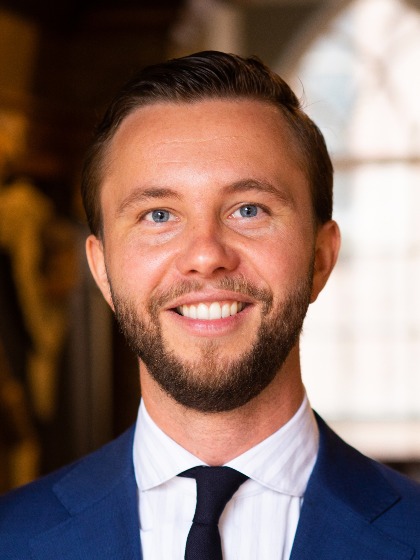
Contact
Functie
Universitair Docent
Adrien analyses the interest in and feasibility of citizen participation in energy governance. He is focusing on public participation in the context of the energy transition, examining the prospects for energy community development in the European... read more
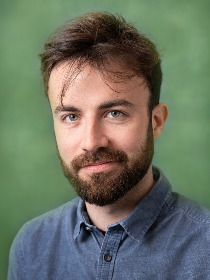
Contact
a.b.m.chanteloup rug.nl
Functie
PhD Candidate in Environmental Psychology
Vakgebied
Input-output analysis, Economic growth, Technology and Innovations, Industrial organization, Matrix algebra
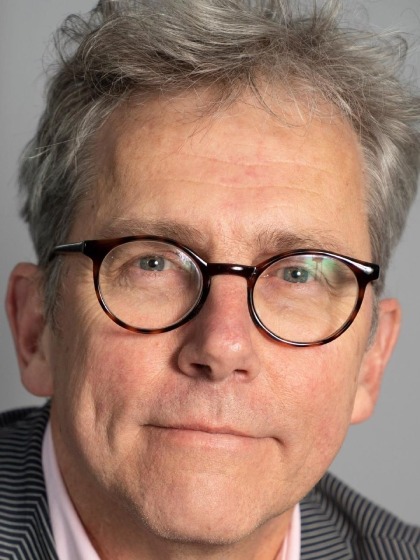
Contact
Functie
Hoogleraar
Valentina Gallo is a Rosalind Franklin Fellow and Associate Professor in Epidemiology and Sustainable Health at Campus Fryslân, University of Groningen where she leads the Sustainable Health flagship. She trained in Medicine and Surgery first and Clinical... read more
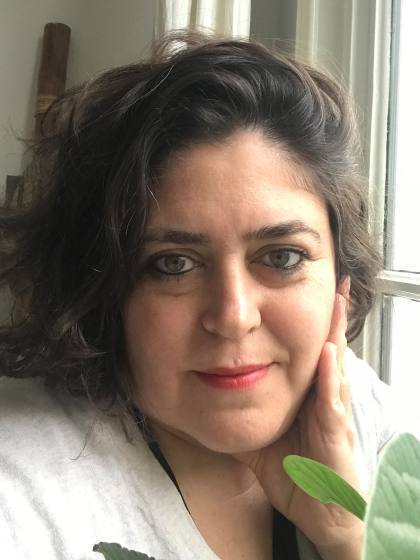
Contact
v.gallo rug.nl
Functie
Rosalind Franklin Fellow, Associate Professor in Epidemiology & Sustainable Health
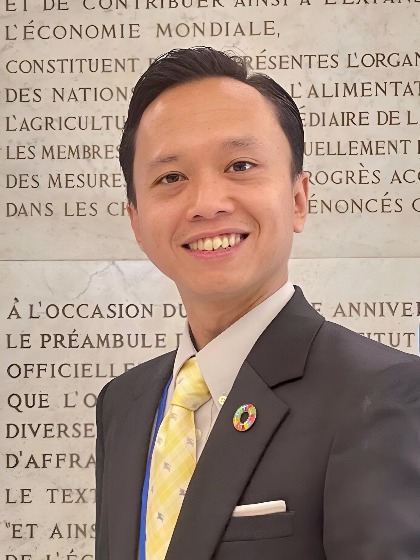
Input - Output Analysis
Material-Flow Analysis
Complex Network Theory Analysis
Material-Flow Analysis
Complex Network Theory Analysis
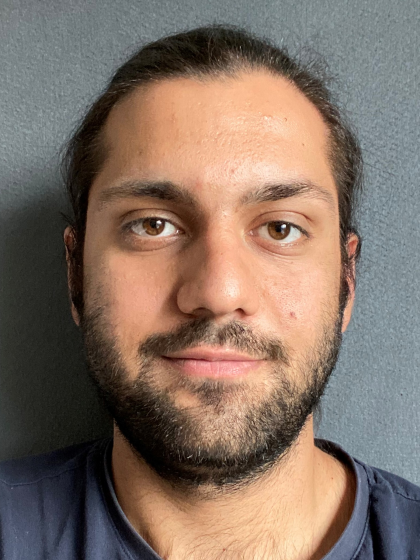
Environmental Management System, Industrial Ecology, Circular Economy, Biogas

Contact
Functie
PhD student
Persuasieve Communicatie
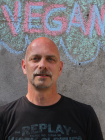
Contact
Functie
Hoogleraar Communicatie en Cognitie
Angelo Jonas Imperiale focusses on the resilience and wellbeing of local communities living in vulnerable regions. He explores the knowledge and governance strategies, planning frameworks (i.e. Social Impact Assessment) and community engagement approaches... read more
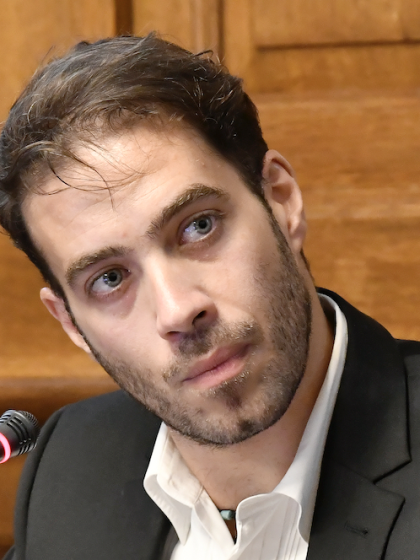
Contact
Functie
Lecturer and Researcher
I am postdoctoral fellow in the AFREXTRACT project, researching the extractive lifeworlds and the political ecology of crude oil extraction in Africa. Through a combination of ethnographic and archival approaches, my research foregrounds the myriad ways... read more
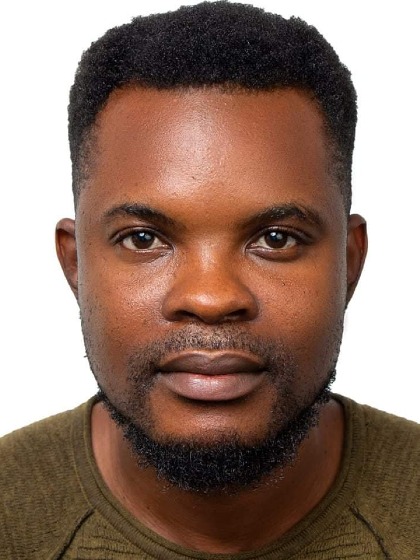
Milieurecht, bestuursrecht, EU recht en hun onderlinge wisselwerking.
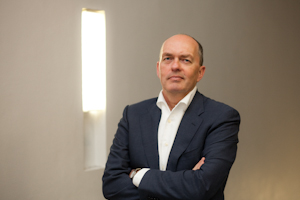
Contact
Functie
Hoogleraar bestuursrecht
Vakgebied
Wetenschappelijk Team: Circulaire Samenleving & Economie
Eetcultuur, Duurzaamheid, Consumptiegewoonten, Kringloopeconomie, Voedselverspilling
Eetcultuur, Duurzaamheid, Consumptiegewoonten, Kringloopeconomie, Voedselverspilling
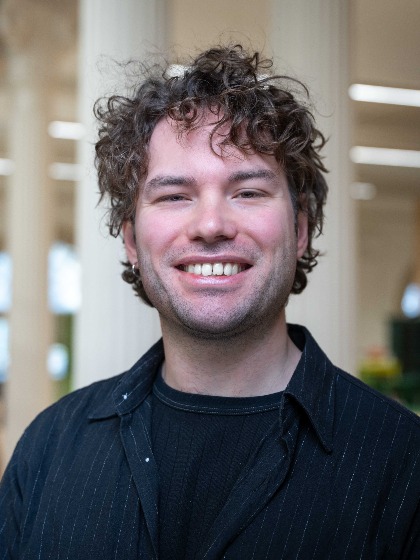

Main areas of expertise are Social Acceptance and Adoption, Intellectual Capital, stakeholder analysis. Methodologically, strong background in data and text mining, Natural Language Processing, psychological and semantic network modeling, social network... read more
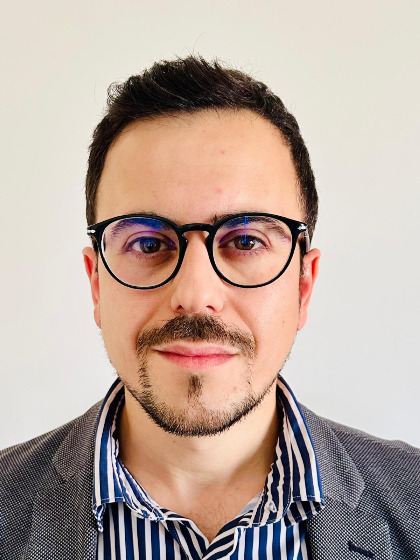
Contact
n.ludovico rug.nl
Functie
Postdoc Researcher
My research expertise and interests include: the history and theory of architectural heritage preservation; construction history; nature-culture interlinkages and the relationship between architectural and landscape heritage in the historical evolution of... read more
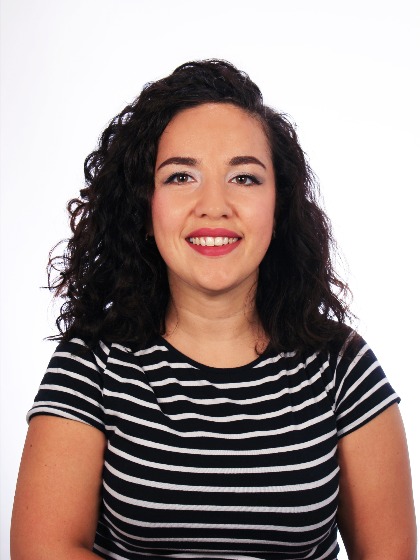
Contact
Functie
Assistant Professor Cultural Heritage and Identity: Material and Intangible Heritage
Vakgebied
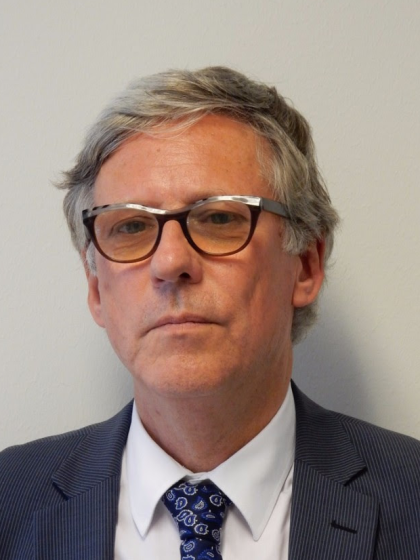
Contact
Functie
Hoogleraar Natuurlijke hulpbronnen in relatie tot duurzame productie en consumptie
Art and Sustainability, Arts-Based methodology, Qualitative methodology, Interdisciplinarity
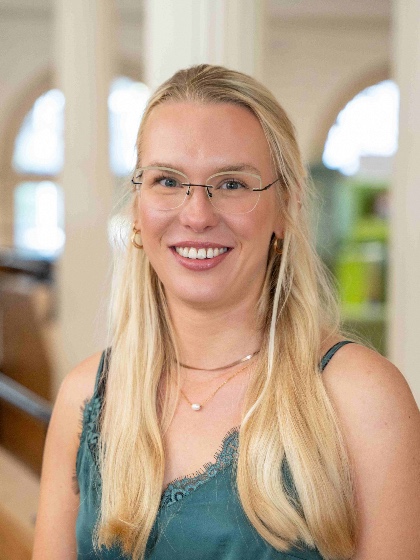
Contact
r.b.muzikeviciute rug.nl
Functie
PhD student
Zeqiang did his Master in 2017 on policy-making of collaborative watershed management in the Pearl River Delta City of South-eastern China. Since 2020, his on-going research has focused on the interdependency of integrated planning and communicative... read more
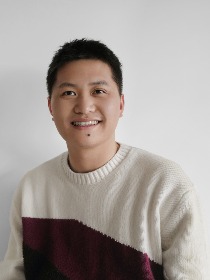
public perceptions and acceptability of hydrogen applications | pro-environmental behaviours (PEB) in work contexts |organizational citizenship behaviours for the environment (OCBE)

Contact
a.patrasc-lungu rug.nl
Functie
Postdoctoraal onderzoeker
Vakgebied
African history (particularly Zambia, South Africa, and Nigeria); environmental history; social history; oral history. I study the environmental history of mining and oil drilling in Africa. My aim is to explain why people respond differently to severe... read more
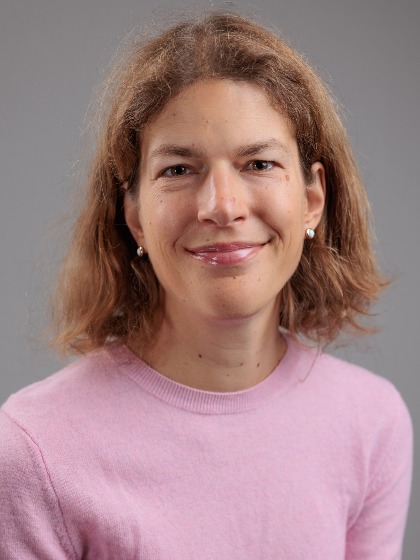
Contact
Functie
Universitair hoofddocent contemporaine geschiedenis
Vakgebied
Duurzame Innovatie, Groene Productonwikkeling, Life-cycle assessment (LCA)
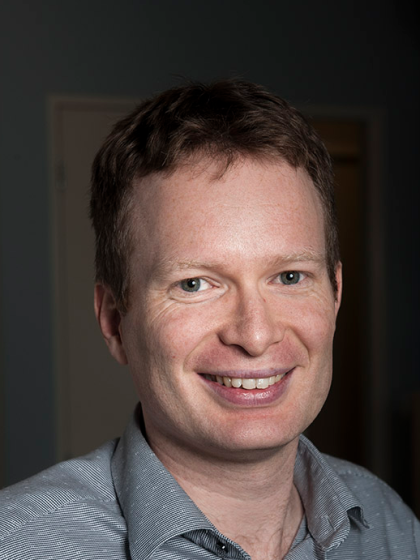
Contact
Functie
Universitair Docent & profielcoördinator Technologie Management
Complex Systems, Network Theory, Energetics, Energy Modelling, Industrial Ecology, Rebound Effect, Finite Time Thermodynamics, Energy Efficiency, Transport Networks, Energy Markets
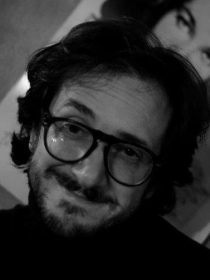
Contact
Functie
Bankbedrijf, Financiering, Belegging, Economie;
Maatschappelijk verantwoord ondernemen, Energiefinanciering, Duurzaam beleggen, Financiële instellingen (banken, pensioenfondsen, verzekeraars, beleggingsinstellingen, etc.), Internationale financiering,... lees meer
Maatschappelijk verantwoord ondernemen, Energiefinanciering, Duurzaam beleggen, Financiële instellingen (banken, pensioenfondsen, verzekeraars, beleggingsinstellingen, etc.), Internationale financiering,... lees meer
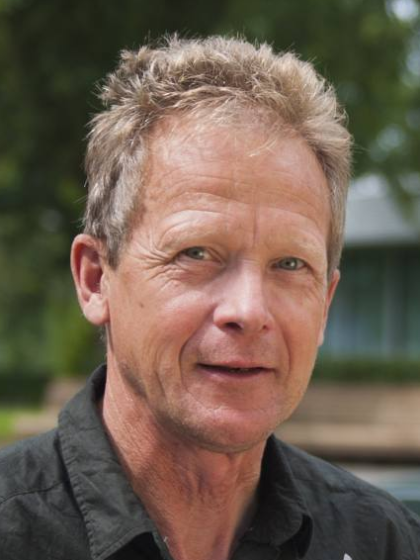
Contact
Functie
Hoogleraar
Environmental Impact Assessment; Disaster risk reduction
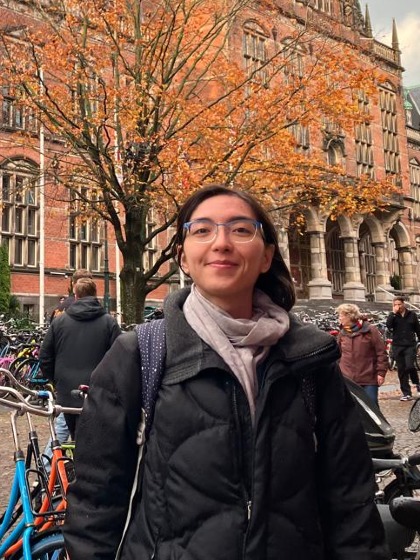
Contact
r.shinobe.massignan rug.nl
Functie
PhD Candidate
Science Education, Sustainability Education, Game-based education, Citizen Science, Systems thinking in science education, Teacher training
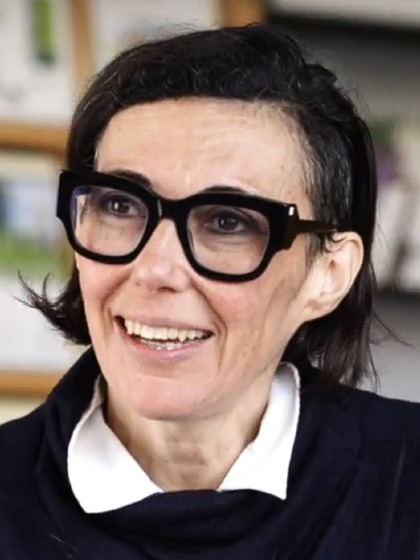
Contact
l.silveri rug.nl
Functie
Postdoctoral researcher - Centre for Learning and Teaching
Multi-sector economics; Catastrophe input-output analysis; History of economic thought.
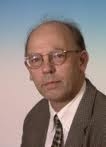
Contact
Functie
Professor
Business law; Climate law and economics; Emissions trading; Linking emissions trading systems
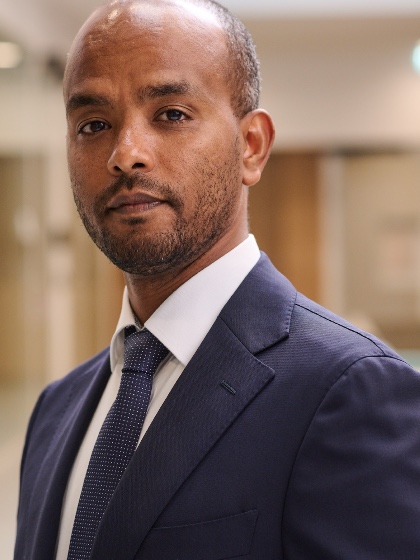
Contact
Functie
Universitair Docent
Vakgebied
I am an assistant professor of environmental planning at the Department of Spatial Planning and Environment, Faculty of Spatial Sciences. My main research and teaching interests are situated in the broadly defined field of political ecology with empirical... read more
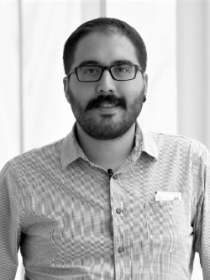
Contact
Functie
Assistant Professor of Environmental Planning
Prof Frank Vanclay has a personal chair as a professor of social impact assessment and management. He is included in the 2023 Stanford University listing of the world’s top 2% of scientists and is a leading authority in the field of social practice/social... lees meer
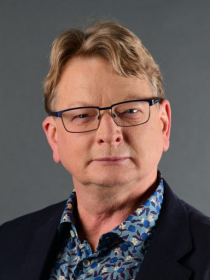
Contact
frank.vanclay rug.nl
Functie
Hoogleraar Culturele Geograpfie
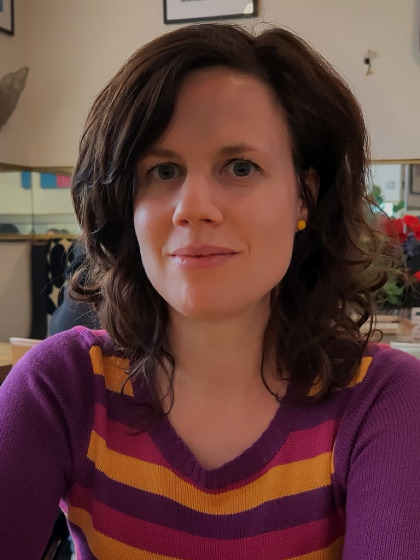
Contact
d.vos rug.nl
Functie
Universitair docent ruimtelijke analyse
Climate change, inequality, poverty alleviation
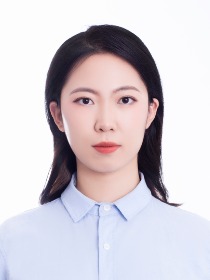
Contact
wang.y rug.nl
Functie
PhD student
Waterstof
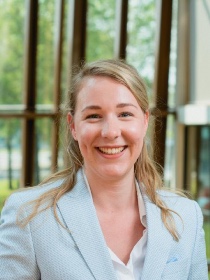
Contact
Functie
Phd in waterstof
Klimaatbeleid, emissiehandel, verhandelbare rechten https://www.researchgate.net/profile/Edwin-Woerdman
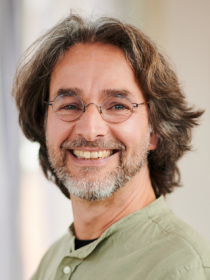
Contact
Functie
Hoogleraar Markten en Regulering
Input-output analysis; Planetary boundary; Sustainable agriculture; Food system

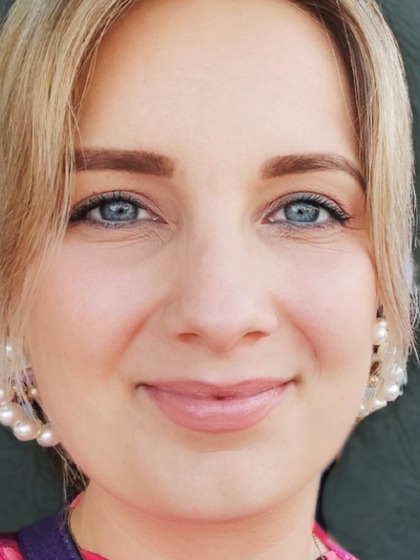
Contact
e.l.zaal rug.nl
Functie
PhD
Environmental planning, Conservation social sciences, Social impact assessment, Protected area governance, community management, social equity
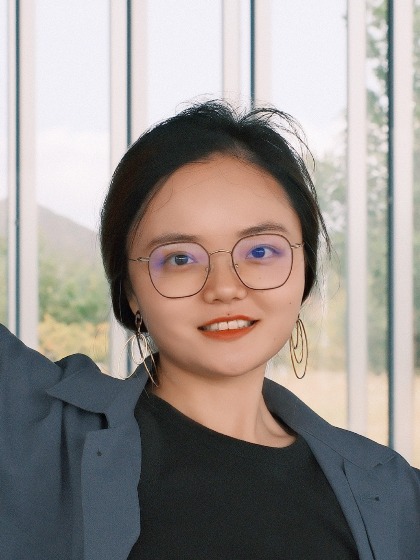
Contact
yuqi.zhang rug.nl
Functie
I work as an archaeologist with both academic and commercial experience in spatial analysis and geophysical survey. Currently, I lead WP2 (Nirjutiqarviulauqtut / ᓂᕐᔪᑎᕐᑲᕐᕕᐅᓚᐅᖅᑐᑦ / "Places where animals were found") and assist with WP1. My work is... read more
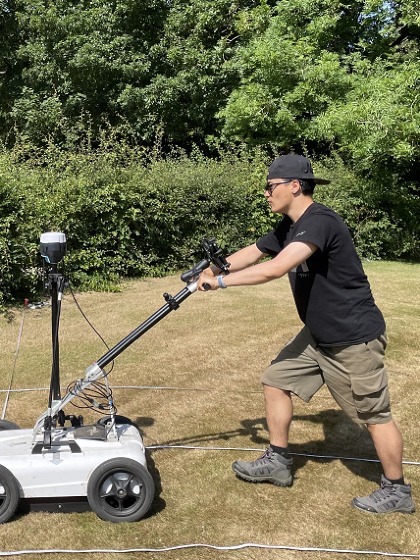
Contact
z.luobu rug.nl
Functie
PhD Researcher
View this page in: English
